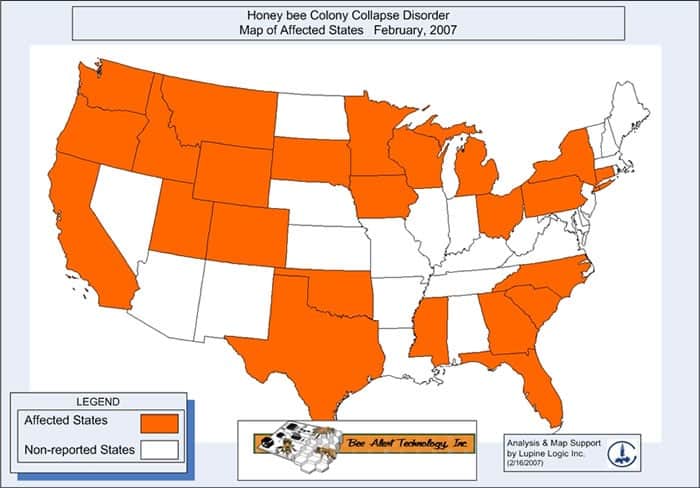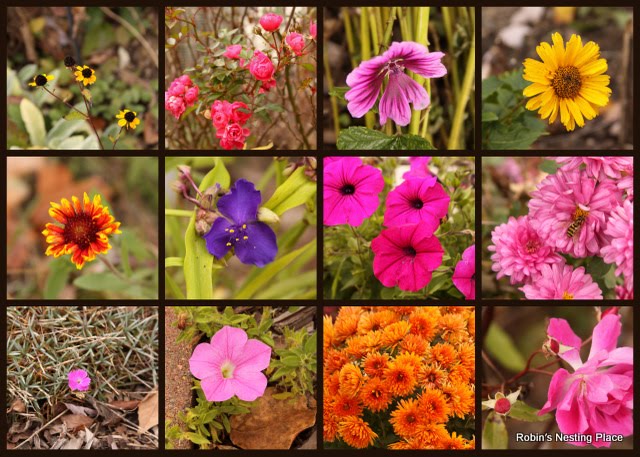Honey, pollen, and stingers normally come to mind when thinking of bees. But these little buzzing beasts are a lot more important to the survival of our food system than one may imagine. Simply put: If we save the bees, we save our food.
There are more than 20,000 different bee species in the world and all are responsible for the pollination of our fruits, vegetables, flowers, and alfalfa feed for livestock. The US Department of Agriculture estimates that bees pollinate 80 percent of flowing crops; resulting in one third of everything humans eat and a $200 billion industry worldwide.
The Importance of Cross-Pollination
Bees are instinctually drawn to flowering crops as a source of obtaining protein from pollen and carbohydrates from nectar to sustain their lives. They then carry pollen back to their hives where they deliver this food source as nourishment for their colony. This natural source of cross-pollination helps fruit and vegetable crops grow and develop additional seedpods. Without this assistance from bees, plants that rely on outside pollination have a hard time reaching their potential as healthy crops and will not reproduce. This threatens the human diet as bees are dying off in record numbers. So what is happening to the state of bees?
Since World War II, the recorded hive population in the United States has decreased from 4.5 million in 1945 to 2 million in 2007. There are several factors responsible for this extinction. University of Minnesota Professor of Apiculture and Social Insects, Marla Spivak, explains during a TED talk that both a flowerless landscape and dysfunction food system are reducing the bee population. After World War II, the agricultural industry began to use herbicides to ward off weeds from interfering with their crops. This killed naturally flowering plants and created food deserts for pollinating bees. Cover crops such as clover and alfalfa, which act as natural soil fertilizer, were also eliminated from farms, and instead farmers switched to synthetic fertilizers. This not only reduced the amount of pollen providing plants, but also made it much harder for bees to find a food source.
Over the last 65 years, pesticides have also become a major threat to bee communities. The most harmful are neonicotinoids, which aim to destroy any pest that takes a bite of the crop. When consumed in high doses, bees die immediately, but in small doses, the bee is poisoned and becomes too disoriented to find its way back home, ultimately rendering it ineffective. Pennsylvania State University scientists discovered that every batch of pollen bees carried back to their hives contained 6 different types of pesticides, neonicotinoids being among the most prevalent. When bees deliver this infected pollen back to their hives, they end up poisoning their entire colony.
While the bee population continues to decrease, the world’s crop production requiring pollination has increased by 300 percent. If we allow agricultural practices to function in this manner, staple fruit and vegetable crops will also face mass extinction which will result in the destruction of livestock feed and ultimately create a water based diet for humans. So what is the solution to this ever-growing problem?
Save the Bees with Bee-Friendly Plants
The first thing every individual can do is plant bee-friendly flowers. This will provides bees with a source of nutrition and restore their eco-system. The Royal Horticultural Society has compiled a list of 400 plants perfect for your garden. The following are just a few of the great pollinators for bees:
- Borage
- Clover
- Euphorbia
- Geraniums
- Honeysuckle
- Lavender
- Sativa
- Stock
- Sunflowers
- Wallflowers
- Thyme
See the full list here.
It’s extremely important to spread this message and encourage friends and family to surround their homes with bee-friendly flowers and plants. This issue affects all of us, and the more we do individually, the more we contribute to the overall solution.
To further support the cause, Representatives Earl Blumenauer and John Coyners have introduced a Congressional bill, Save the Pollinators Act, that would ban neonics from agricultural use. Please sign this petition to emphasize the importance of our bee population. Remember, if we save the bees, we save our food.


